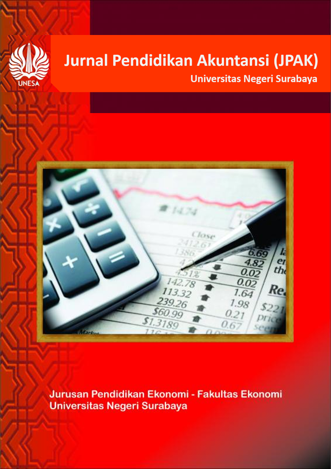Array
DOI:
https://doi.org/10.26740/jpak.v11n2.p136-147Keywords:
Corporate social responsibility; case studies; student perceptionsAbstract
Education about CSR will shape students' understanding and perceptions of CSR, so that higher education, especially accounting majors must determine appropriate learning methods so that students understand and have positive perceptions about CSR. The purpose of this research is to determine the effectiveness of the case-based learning method to form positive perceptions about CSR for accounting students when online learning is carried out during the COVID-19 pandemic. This research was conducted at the accounting department of PTS X, a private university in Surabaya.This study used a mixed method between qualitative analysis which was obtained the data through interviews, document analysis and observation and was strengthened by the results of descriptive statistics whose data were obtained through distributing questionnaires to 67 students. The results of this study indicate that the case study-based learning method is still effective in forming positive perceptions of accounting students about CSR even though learning is carried out online during pandemic. Accounting students have a good understanding of the responsibilities that must be carried out by companies, not only economic responsibilities but also legal responsibility, ethical responsibility, stewardship principle, company employee-relationship, and social responsibility. The results of this study also show that students perceive that CSR is beneficial for companies. This research was conducted with one shot study, so it does not measure the difference between before and after study CSR. Future research is expected to be carried out using a longitudinal model or a cross-sectional model so that can measure the differences in perceptions between before and after study CSR.
Downloads
Downloads
Published
How to Cite
Issue
Section
License
Authors who publish with this journal agree to the following terms:
- Authors retain copyright and grant the journal right of first publication with the work simultaneously licensed under a Creative Commons Attribution License that allows others to share the work with an acknowledgement of the work's authorship and initial publication in this journal.
- Authors are able to enter into separate, additional contractual arrangements for the non-exclusive distribution of the journal's published version of the work (e.g., post it to an institutional repository or publish it in a book), with an acknowledgement of its initial publication in this journal.
- Authors are permitted and encouraged to post their work online (e.g., in institutional repositories or on their website) prior to and during the submission process, as it can lead to productive exchanges, as well as earlier and greater citation of published work (See The Effect of Open Access).

Jurnal Pendidikan Akuntansi (JPAK) is licensed under a Creative Commons Attribution-NonCommercial 4.0 International License.
 Abstract views: 167
,
Abstract views: 167
, PDF Downloads: 266
PDF Downloads: 266



